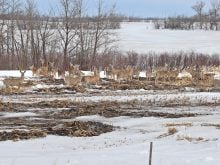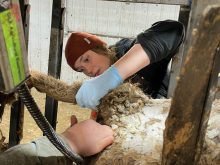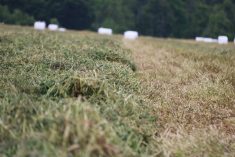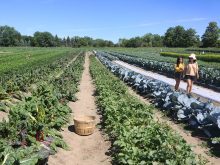RED DEER – New Alberta legislation has changed access to provincial crown lands, and places more onus on the public to behave responsibly, says an Edmonton lawyer.
“If you take advantage of that access to crown land, if anything happens, if you are injured, your right to sue the crown is very restricted,” said Esther Schwab, who outlined new requirements under the public lands act, petty trespass law and the line fence act at the Alberta horse breeders conference in Red Deer Jan. 12.
Before the public lands act was passed, tenants on grazing leases could control who entered the property. Now they must provide reasonable access to the public.
Read Also
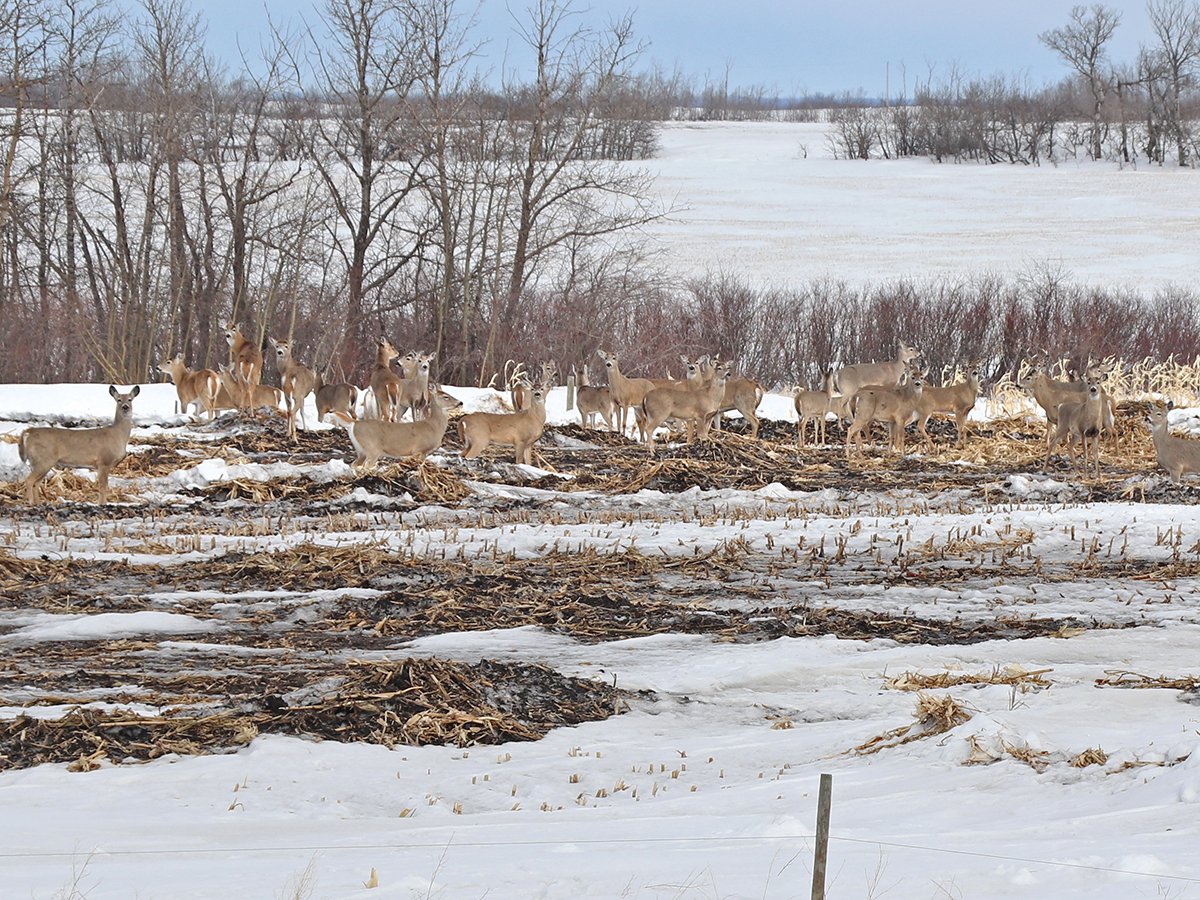
Foot-and-mouth disease planning must account for wildlife
Our country’s classification as FMD-free by the World Organization for Animal Health has significant and important implications for accessing foreign markets.
People may enter as long as they tell the person controlling the land when they are entering, for what purposes and for how long.
The number of people on a parcel of land may also be restricted. People may trail ride, hike, bird-watch, fish, pick berries or camp, but at their own risk.
The leaseholder should warn people if there are obstacles or dangerous spots. If people go on the property and behave badly, they are liable for damage they may cause, such as chasing or harassing livestock. The leaseholder needs to be informed if a person or livestock is injured.
The leaseholder should provide contact names and telephone numbers, although in practice this is sometimes difficult. If the leaseholder is unavailable, a public lands manager may be contacted for permission to enter.
Alberta Agriculture provides lengthy guidelines on public land use on its website under the grazing reserves link.
The petty trespass act was also amended to protect private land, but fines for violations remain low at $100. There is automatic assumption of trespass if someone enters land with a vehicle. Only the owner, occupier or hired employees can lay a complaint of trespass.
The line fence act was amended in May 2003 to deal with rural problems, especially the obligations and rights regarding fences.
“People who own acreages and particularly new acreage owners should be very aware of the line fence act,” Schwab said.
The act clearly defines all livestock types, but does not include dogs. It also sets out rights and responsibilities regarding fences. For example, neighbours share the costs and maintenance of fences when they both benefit.
Before the act was amended, there were numerous lawsuits over fencing disputes. The act was originally written for rural landowners but was typically used by city dwellers fighting over backyard fences.
Schwab advises people to be reasonable, adding they cannot expect neighbours to share in the cost of an extravagant fence that is beyond what is required.
“Discuss what you plan to do with your neighbour. Don’t use the act to force your neighbour to pay for unnecessary upgrades,” she said.
If livestock are not contained, owners are generally responsible for damage they may cause.
However, no one is held liable in the case of an accident.
Horses do not have the right of way on public roads, although drivers are expected to exercise proper care and attention.



